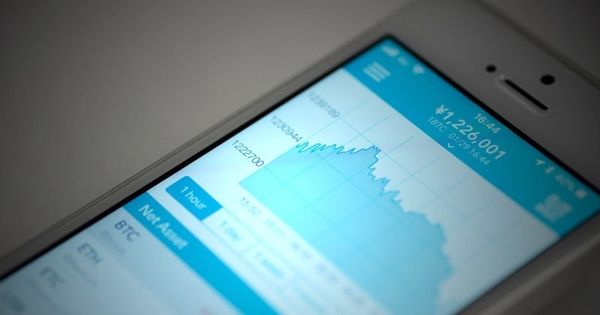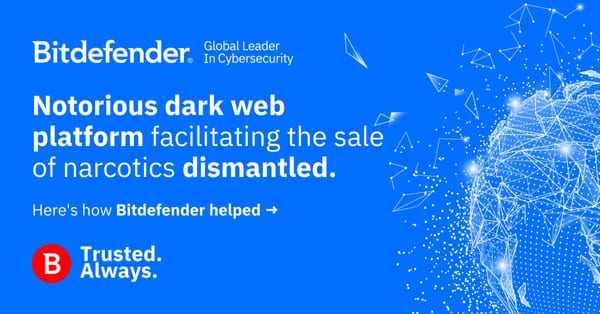Coincheck cryptocurrency exchange targeted by hackers, customer emails exposed

Japanese cryptocurrency exchange Coincheck has announced that earlier this week hackers managed to access some emails sent to the firm by its customers.
Reading (with a little help from Google Translate) press announcement, it appears an attacker accessed the DNS records for the coincheck.com domain at the firm’s third-party domain registrar, and was able to change the records to forward incoming emails to the hackers.
As a result of this event, some emails the cryptocurrency exchange received between May 31 to June 1 could be illegally accessed by an unauthorised party. Clearly such emails would contain the sender’s email address (which could later be abused by criminals), but Coincheck warned that they could also include the following personal information:
- Name
- Registered address
- Date of birth
- Phone number
- ID Selfie
In all, the cryptocurrency exchange believes that around 200 customers had their emails exposed by the incident.
Coincheck says that the domain records have now been amended, and says it has asked its domain registrar to investigate what went wrong, and how a hacker might have been able to access the account.
Questions I would be asking is whether Coincheck was using a unique, hard-to-crack password to secure its account at the domain registrar. But even a good strong password can still be phished.
For that reason I would like to believe that Coincheck was further securing its domain registrar account (and the critical DNS records it manages) with two-factor authentication.
Unfortunately, not all domain registrars support 2FA – something which has caught out companies in the past.
Past victims of DNS hacking have included WhatsApp, Lenovo, and Bitcoin wallet service Blockchain.info.
Coincheck itself is no stranger for being on the receiving end of unwanted attention from hackers. In January 2018 the cryptocurrency exchange suffered a massive hack which saw it lose more than $500 million worth of digital coins.
tags
Author
Graham Cluley is an award-winning security blogger, researcher and public speaker. He has been working in the computer security industry since the early 1990s.
View all postsRight now Top posts
Torrents with Pirated TV Shows Used to Push Lumma Stealer Malware
November 14, 2024
What Key Cyberthreats Do Small Businesses Face?
September 06, 2024
FOLLOW US ON SOCIAL MEDIA
You might also like
Bookmarks








